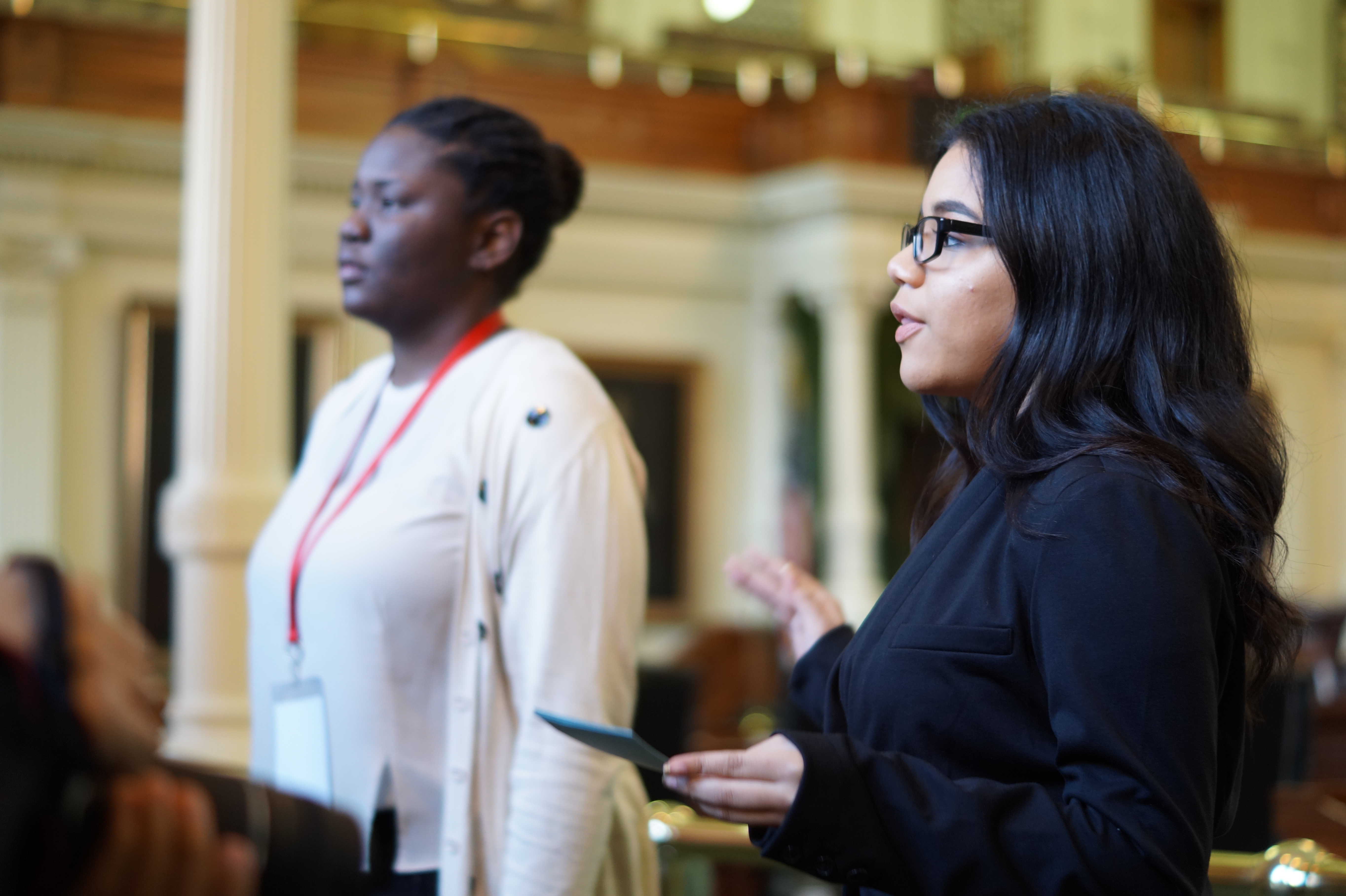Prozac: Deadly or Essential?
By: Chloe Opelt
A court trial has taken place in Room E2.016 in the State of Texas Capitol building on January 27, 2017. The question being, did Jenny Smith commit this murder out of her own will, or was she influenced by the prescription drug, Prozac, that she has been taking for her diagnosed depression and bipolar disorder? After the trial had taken place, Megan Antone ruled Jenny Smith guilty of first-degree murder after determining she was cognitively aware, leaving her accountable for her actions. Smith will be sent to prison, and sentencing will commence at a later date.
The prosecution attorney, Toiya Smith, battled against the defense witnesses by undermining their statements or finding holes in the case. Attorney Smith brought up hard evidence such as journal entries by Jenny only a few days before the murder, and even a murder weapon, found under jenny’s mattress. The journal entries previously stated, “it was easy,” referring to murdering Netlo.
There were two holes that were dug in the park that victim, Benjamin Netlo, was found in. These two holes suggested premeditation of the murder of Netlo, thus proving that Jenny Smith was not being fully influenced by the drug Prozac. A witness even gave a physical description of a girl they saw at the pond near the park the same day of the murder of Netlo. The description stated that a “goth looking girl, with long, red hair and blue eyes” was hanging around the pond that day. The prosecution had constant rebuttals and tried to poke holes in the defense witnesses by making them nervous or presenting hard-to-answer questions. Tactics like these, may have helped the prosecution acquire the desired result of the trial. The prosecution claimed that Prozac is proven to not have a high amount of negative side affects on people, and that the drug could not have driven Jenny Smith to perform the actions she did.
The defense attorneys tended to use a large sketch pad, centered at the front of the room to better provide a visual aide to the audience and judge to help prove points in their case. When the topic of journal entries came up, the defense responded with the question of relevance towards the case considering the fact that Jenny Smith has been found guilty of the murder but not of the state of mind she was in when she committed the crime. As for the murder weapon, nothing about the subject proves that she was/wasn’t in her right mind. The defense witnesses consisted of Jenny’s best friend and a counselor. Her best friend claimed that “Jenny wouldn’t do something like this” if she were in her right mind. The counselor also claimed to know that Jenny is “not capable of murder in the first” if she were not under an influence of some sort. Both defense witnesses when questioned by the prosecution admitted they were close to Jenny Smith and didn’t “want to see her get hurt,” which looks bad for them to the judge. The defense reiterated that Prozac is a black box drug, meaning that it has a warning when given to patients, that in can in fact cause negative side effects such as “suicide, self-harm, and anxiety.”
Both the defense and prosecution witnesses struggled with their recollection of certain events throughout the trial. Both sides picked and prodded at each other respectfully, while building their platform and trying to convince the judge of their side of the story. As the closing statements were presented, the last plea for belief was given, and the court took a recess to give the judge time to make a ruling. Upon re-entrance to the court, Judge Antone found Jenny Smith guilty of murder in the first degree, not under the influence of Prozac. This ruling means a sentencing to a penitentiary in the near future for Jenny Smith.



